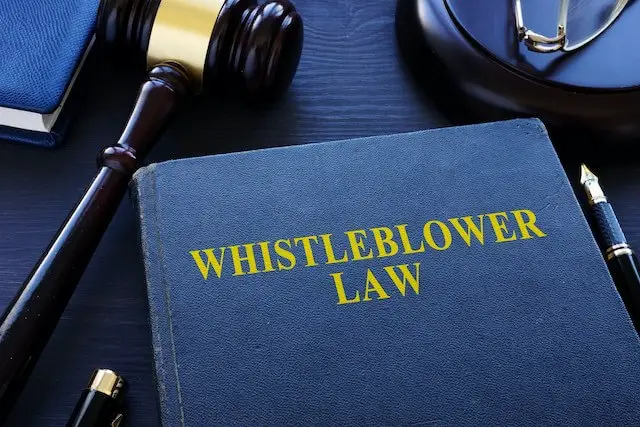In a recent decision, the U.S. Court of Appeals for the Federal Circuit held that a retaliatory investigation, in and of itself, is not a qualifying adverse personnel action under the Whistleblower Protection Act (WPA). (Sistek v. Department of Veterans Affairs (CAFC No. 2019-1168))
The petitioner, Leonard Sistek, had appealed from the U.S. Merit Systems Protection Board (MSPB), which denied corrective action in his Individual Right of Action (IRA) appeal against the Department of Veterans Affairs (VA), where he served as director of the Chief Business Office in Denver until he retired.
Since his appointment in 2011, Mr. Sistek made several protected disclosures to the VA’s Office of the Inspector General (OIG) regarding various financial practices, including the “parking” of certain appropriated funds and perceived contractual anomalies. The VA convened an administrative investigative board (AIB), and Mr. Sistek realized during his interview that he was a subject of the AIB’s investigation.
As a result of the AIB’s recommendations, Mr. Sistek was issued a letter of reprimand, which Mr. Sistek grieved. Although his grievance was denied, Mr. Sistek’s supervisor later removed the letter from Mr. Sistek’s personnel file.
At the MPSB, the Administrative Judge (AJ) declined to order corrective action, and of particular importance, the AJ determined that a retaliatory investigation, taken by itself, does not qualify as a personnel action eligible for corrective action under the WPA.
The Federal Circuit agreed.
The court looked at statutory language and congressional intent in the drafting of the WPA, and found “The statutory language indicates that Congress intentionally excluded retaliatory investigations from the scope of personnel actions authorized for relief under the WPA.”
The court also concluded that the plain language of the statute provided for the same conclusion, although the statute provides that a retaliatory investigation may provide a basis for additional corrective action if raised in conjunction with one or more of the qualifying personnel actions specified by § 2302(a)(2)(A). The court explained that for a retaliatory investigation to rise to such level it must cause a “significant change in working conditions.” In this particular case, Mr. Sistek failed to establish a significant change of working conditions.
This decision will have implications for several whistleblower cases in front of the MSPB and Federal Circuit as the court has opened the door for future appellants to make distinctions into what aspects of an investigation rise to the level of a significant change in working conditions. It is certainly true that at some agencies, those under investigation are ineligible for promotions, detail opportunities, or even performance bonuses.
Zach Fischer is an Associate at the Federal Practice Group and has substantive experience in federal employment law.


